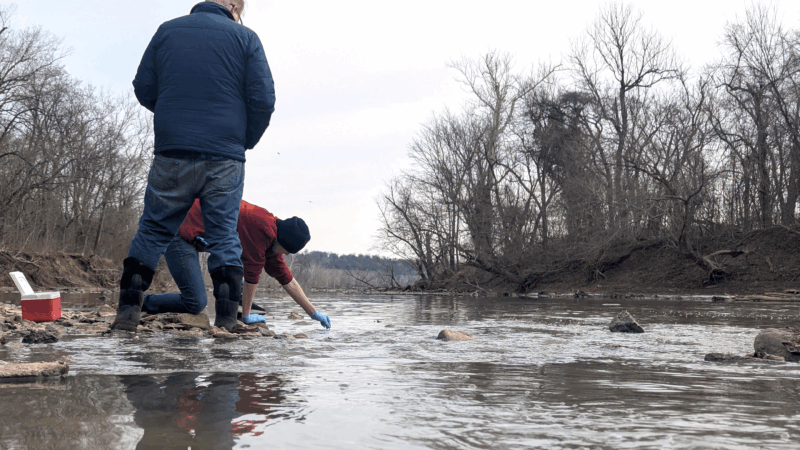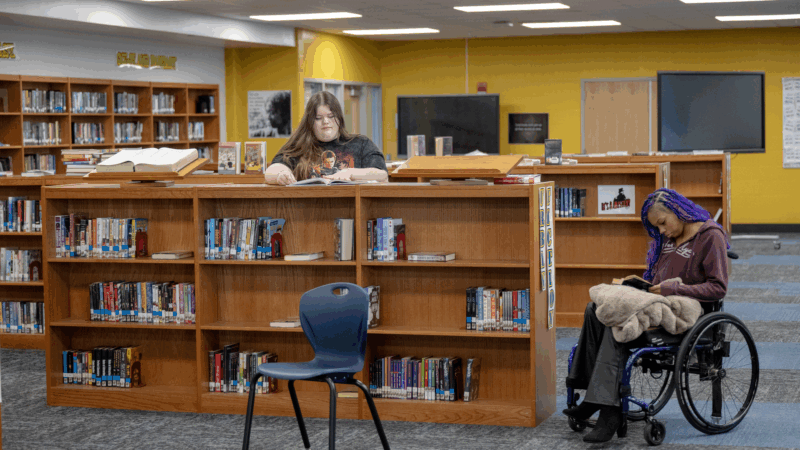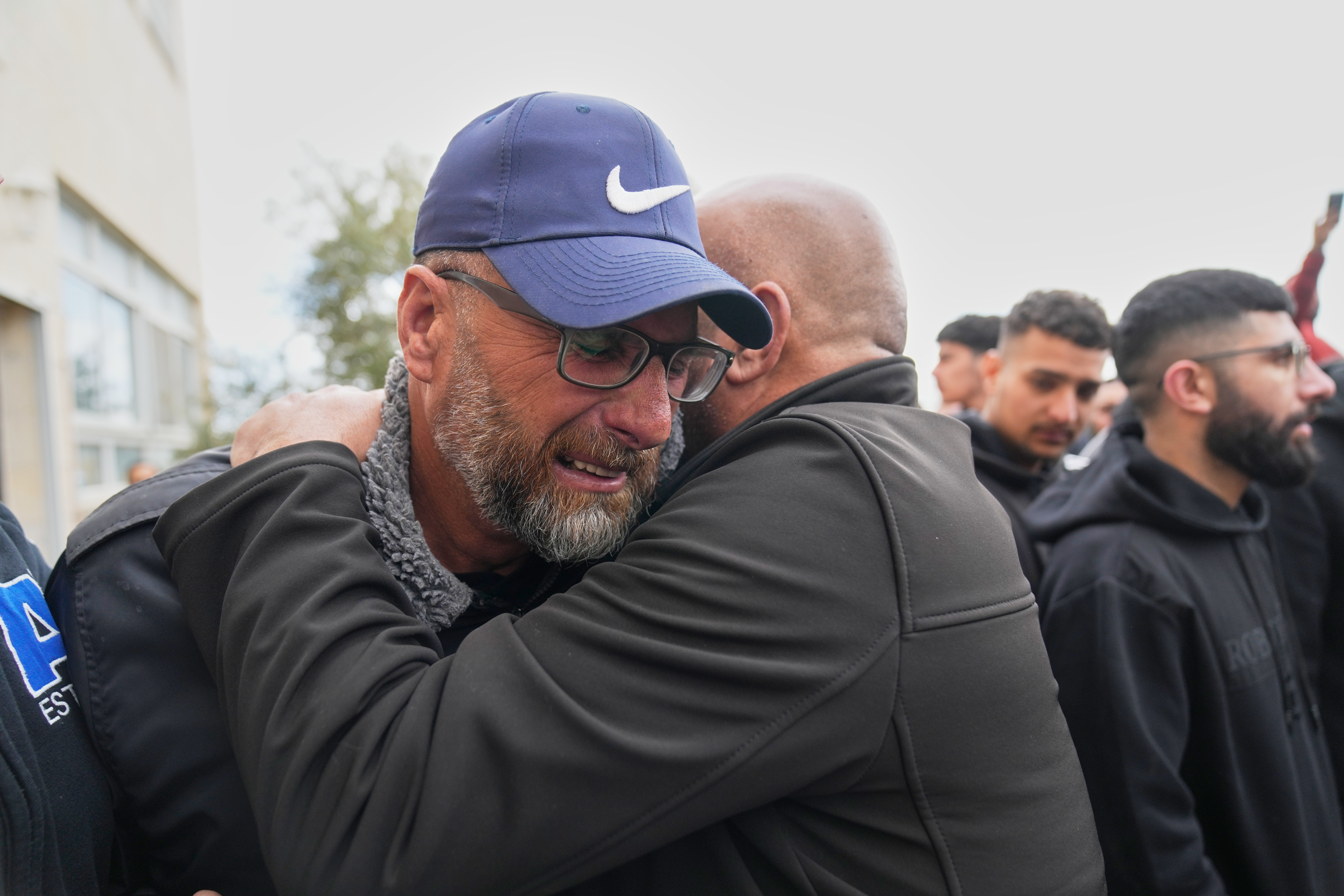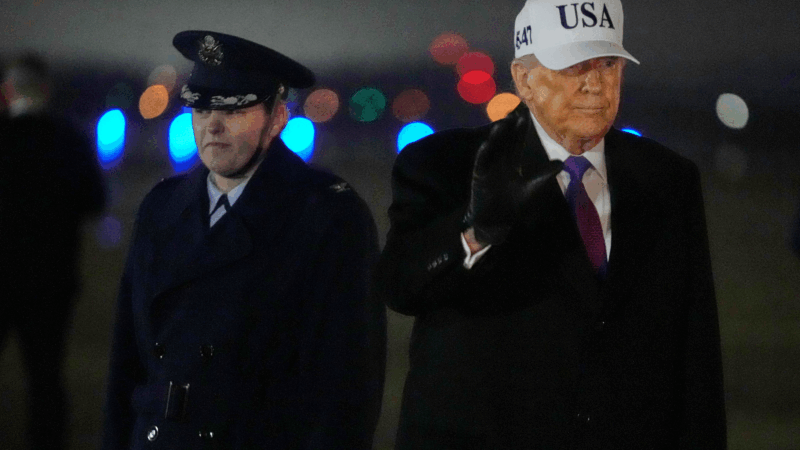New Initiative Seeks to Preserve Alabama LGBTQ Histories
Many people in the South’s LGBTQ community often think their histories don’t matter. This is especially prevalent in Alabama where a recorded history of this community doesn’t exist. But historian Josh Burford is trying to change that. He’s one of the founding members of the Invisible Histories Project Alabama. The new initiative is aimed at finding, recording and preserving what Burford calls the “always vanishing” stories of LGBTQ Alabamians.
On what he means by “always vanishing” histories
Well, the queer community has lost so much history since the mid 1980s. The AIDS epidemic wiped out one entire generation of community leaders, and their histories were oftentimes intentionally destroyed. We can’t even conceptualize the things that we’ve lost because we don’t really know at this point what we have.
On what he’s learned about the history of Alabama
Even a person like myself who teaches queer history all the time was wrong. There’s this mythology about the South that either queer people don’t exist here because by why would we; because of small “c” conservatives and religion. As if somehow queer people are not religious and conservative. That we were always behind. There’s this enduring myth that the South was 20 years behind like New York and Chicago. That our history is if it exists at all is very young. And so for a historian you know like 80s and forward and all of that is untrue.
On what has been the most difficult obstacle to overcome as far as finding that history in Alabama
People generally don’t imagine that their history is important because we can’t conceptualize history as the history of sort of like large faces. So, like [Martin Luther King Jr.] is not the whole civil rights movement. Like there’s millions of people involved, but we want to celebrity one person. And the queer community doesn’t really have that. And so it’s individual people toiling away oftentimes in isolation or in very small groups making what for them are small gains but for the community is a large gain. So, convincing someone who’s 70 or 80 that their life– existing, living and thriving– is important to the history is difficult. People don’t believe it. They’re like, ‘well that’s not important.’
What I learned watching every sport at the Winter Olympics
Sit down with pop culture critic Linda Holmes as she watches the 2026 Winter Games. She is exhausted by cross-country, says "ow ow ow" during moguls, and makes the case, once and for all, for curling.
Scientists worry about lasting damage from Potomac sewage spill
Drinking water around the District of Columbia hasn't been contaminated. But scientists say the environmental damage could be severe.
Using saliva to detect disease holds promise, but it’s not perfected yet
Easier than a blood test, saliva tests have the potential to detect cavities, infections and even cancer. But a lack of insurance coverage and other obstacles stand in the way of wider use.
What worked and what didn’t with a cellphone ban at a Kentucky school
Keeping students off their devices is the new norm in many schools. We talked to students and educators at one Kentucky school to see how it's working.
Israeli settlers kill 19-year-old Palestinian American, officials and witnesses say
Israeli settlers in the occupied West Bank shot and killed a Palestinian American man during an attack on a village, the Palestinian Health Ministry said.
Trump says he doesn’t know if aliens are real but directs government to release files on UFOs
President Donald Trump said Thursday that he's directing the Pentagon and other government agencies to release files related to extraterrestrials and UFOs because of "tremendous interest."







